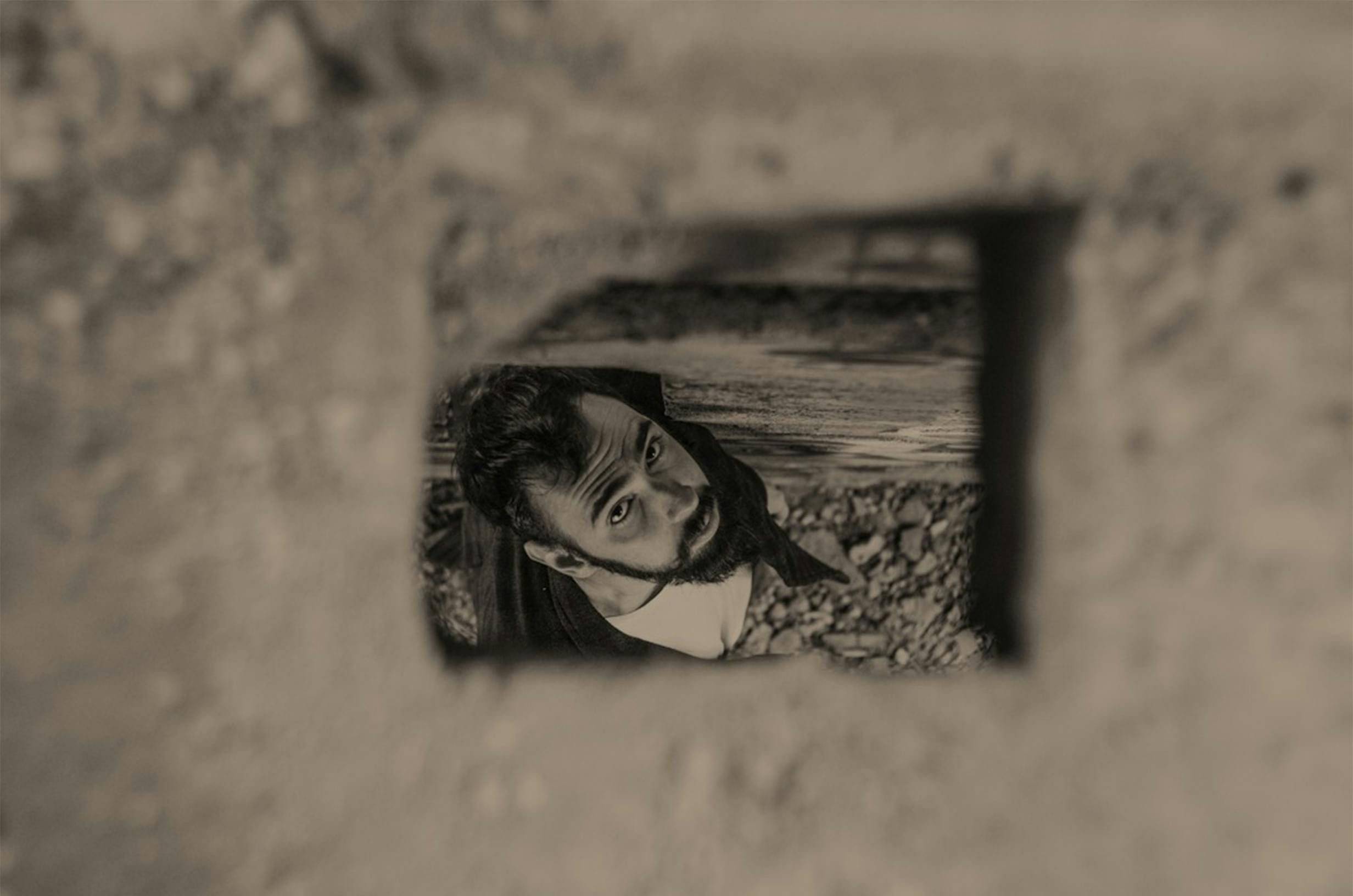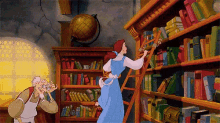Writing a story is a huge undertaking. Whether it is a short story or a novel, you need to be prepared. 97% of people who start writing a book never finish. This is appalling when you think of all the beautiful stories we could be reading.
Currently, I’m halfway through my first novel, and these are all of the tips I used as I got my story off the ground. So here are 7 things to keep in mind when starting your first story, to prevent your idea from joining the 97% of unfinished manuscripts.
1. Plan Out Your Story
While some people find it easier just to let the ideas flow, making a plan is essential for longer stories. Not only will it help you keep on track with your storyline, but it can also help you find the motivation to write. It also helps you to create deeper characters and more descriptive scenes when you have a planned setting. If you're not too keen on the idea, try a picture board, 4 pictures, beginning, problem, climax, and resolution. An example of this is:
1. Beginning - Jamie finds a hole in the ground
2. Problem - Jamie falls into said hole
3. Climax - Jamie screams because he is stuck in the hole
4. Resolution - Someone pulls Jamie out and they live happily ever after
This is a very short storyboard that gives you the idea of the story, but when you start writing, you can give us all these details about where the hole is, and what type of shoes he is wearing, etc.
2. Choose a Perspective and Stick to it
Your perspective is the view you write your story. The first person is following your story as if the reader is the character. e.g. “I went to help Jamie out of the hole”. The second person, which is the least common in writing, is telling the story as if you are telling the character what they did e.g. “You helped Jamie out of the hole”. And the third person is writing from a detached perspective, looking at the situation as a whole. e.g. “You helped Jamie out of the hole”.
The third is my favorite because it tends to help the writer with giving all the story details.
(e.g. If you write in the third person, character B could hide a secret hole in the ground from character A hoping they fall, but if it is written in the first person, you only know that character A sees a hole. This can help to give more depth to your story).
While the third person is the most common, any perspective can be used. However, the one rule is to stick to one perspective and not confuse readers.

Another variant is how many perspectives you have. For example, if you have one main character, your book might only have their perspective, following them through the book. Whereas some stories could be written from multiple people's perspectives, swapping with each chapter. This can also be called POV (Point Of View) Some common types are dual pov (two alternating people) and multiple pov (can be anywhere between 2 and 6, although 6 can be tough to keep in tune, as there is so much happening)
So you could write a dual POV from 3rd person, so have two alternating views, talking in “they, their” pronouns.
3. Write an Attention-Grabbing Opener
Partly accredited to social media, we have a very limited attention span. According to Forbes, we have, on average, an 8.25-second attention span. Which is why you need to grab your reader's attention from the get-go. Some good ways are to start from the conflict.
For example, if your conflict is a war between two countries, start with a vivid description of the scene. Have the readers confused, and entranced. Once you have their attention, you can further explain the plot, who is at war, how they got here, what the war is for, etc. This way the reader gets the whole story but they don't have to get through the tedious beginning to reach the real story.
But, if you are adamant and proud of your story, its pace, its storyline. Please don't let the world's minuscule attention span change it. (Goldfish have a 9-second attention span). Humans should have to adjust to absorb beautiful stories, we shouldn't have to edit them to suit the people.

4. Don't Edit While Writing
I am brutal for this. Especially on Word, with all the red and blue lines. But editing when writing can mess with your writing flow.
It can cause you to lose confidence in your writing because of all the little problems, leading you to procrastinate your book, which leads to it being a part of 97% of manuscripts. So it is recommended to write your first draft, get the story out of paper, and then do a few rounds of editing. It also means you can look at the story as a whole as you edit, meaning you can take small details and then rounded (or unrounded) endings into account. I am writing this article, and I will edit it after. If I edit while I write, I will be unsure about where on earth I'm going. So I will edit, and probably remove this line when I edit, to make the flow better.
5. Take it Bit by Bit
Writing a book can be a very daunting task. A big 300 pages with 100,000's of words and details and emotions and characters and AH. But if you look at the small things, we can make the process enjoyable, and make it less stressful.
Take your main character(s). What do they look like? Why are they here? What drives them? Write out the small details, then do your setting. Is it a made-up land with dragons? 1850s in London? 1976 in Los Angeles? Get all these things prepared. You can always change it during the story, but it means you have time to think of these small things instead of doing the first thing that comes to your head. This is your story! Make sure it is something you are proud of!

6. Make Your Characters Complex
All the best characters are complex. My 2 favorite fictional characters are Mia Dolan from LaLaLand and The Narrator from Fight Club. We don't just go through the story, we see their past, how they got here, their dreams, aspirations, their heartbreaks, and epiphanies.
The one thing that bonds us with these characters is that we are complex little humans. It is easier to make an opinion on a character when we know and understand them.
You have a whole history, from birth to reading this article, and I have a history, from birth to writing this article. You wouldn't know about my family or my thoughts from looking at me, nor me you. So show us your characters, all of them.
Another example is if a character committed a crime. At first, we would think he is a bad person, but if we learn their history, and why they did it, it can sometimes make us feel sympathy and have complex feelings for these characters. Making a black-and-white world doesn't resonate with us in our morally grey world.
7. Make Writing a Habit
With such a big task, it's easy to get overwhelmed. A good way to prevent stress is to put aside a specific time a day, or a week. Whatever time you have, to write.
This means the designated time can be spent solely on your story. You can divulge into it, and give your energy and concentration to all the different aspects. When your book has your undivided attention, you make fewer mistakes. You can also leave it at the door after your designated time is finished. This means you can prevent overthinking and developing anxiety about the task.

The key thing to remember is, this is your story. These are only some recommended tips, which I find helpful. But we write to give a short escape to a different world, and your story is yours alone.
Do not let anyone tell you it won't make you money or it's too hard. If you have love for your story, it is worth a million euros, dollars, pounds, yen, rupees, francs, or whatever currency you use. Make it your best work.





















